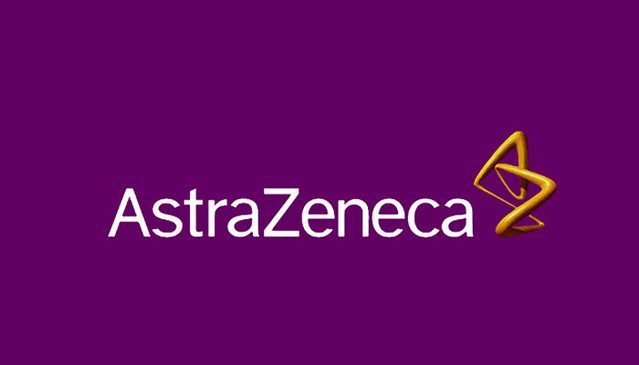
Hutchison China MediTech Limited and AstraZeneca Plc (NYSE: AZN) are to present data from their phase II clinical trials of Savolitinib, at the upcoming 2017 Genitourinary Cancers Symposium. The event, sponsored by the American Society of Clinical Oncology (ASCO), will be held from 16th February to 18th February 2017.
Savolitinib treats PRCC
Savolitinib is a potential treatment for Papillary Renal Cell Carcinoma (PRCC). Savolitinib is an extremely selective inhibitor of the c-Met receptor tyrosine kinase. The treatment showed a potential for success in Phase I studies and results, and now in Phase II results. Savolitinib is an oral drug that addresses the problems caused by c-Met inhibitors, such as renal toxicity.
What is PRCC?
Papillary renal cell carcinoma is cancer that forms in the interior lining of the kidney tubules- the tubules responsible for filtering. PRCC is often referred to as renal cell cancer and is the second most common type of kidney cancer.
PRCC is caused by alterations in the c-Met gene. These alterations include mutations, chromosomal changes, and amplifications of the c-Met gene. Renal cell cancer therapies and treatment only show modest effects in PRCC patients. That, and the fact that there is no specific therapy approved for C-Met gene driven PRCC mean that there is an unmet need in PRCC.
Data from the Phase II clinical trials is very promising. There is a “very clear efficacy signal in MET-driven victims and an encouraging duration of response,” said Toni Choueiri, of Lank Center for Genitourinary Oncology. He continued to explain that the results warrant the commencing of Phase III trials.
Already, Chi-Med and AstraZeneca are initiating the Phase III Trial of Savolitinib. It will be the first molecularly selected trial in RCC and the first pivotal study in the C-Met-driven PRCC.
The statistics of RCC
Globally, there 366,000 new cases of kidney cancer each year. RCC is the most common type of kidney cancer, as it accounts for more than 80% of the total cases of kidney cancer. RCC has histological variants, the most common being clear cell RCC (ccRCC). PRCC is the most common type of non-clear cell RCC- it accounts for 15% of RCC cases. In the USA alone, there between 3,500 and 5,000 new cases of PRCC.
AstraZeneca’s share declined by $0.05 or 0.17% to close at $29.59.




